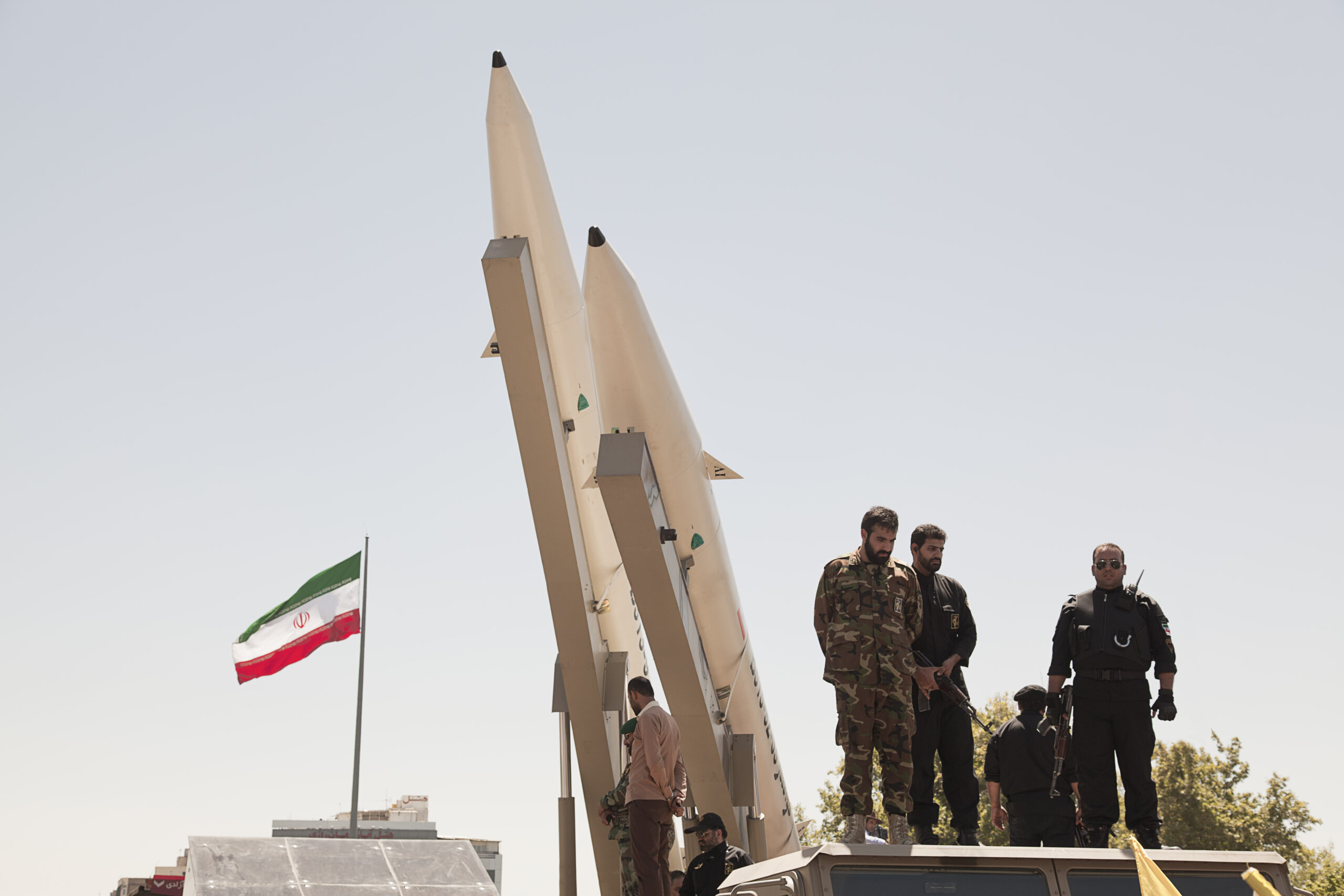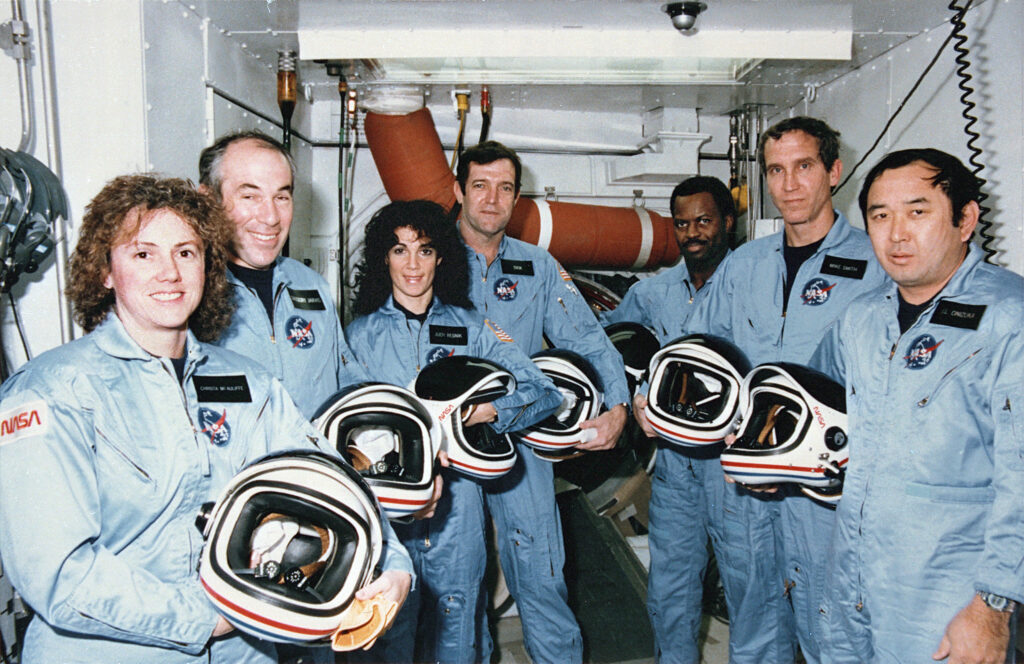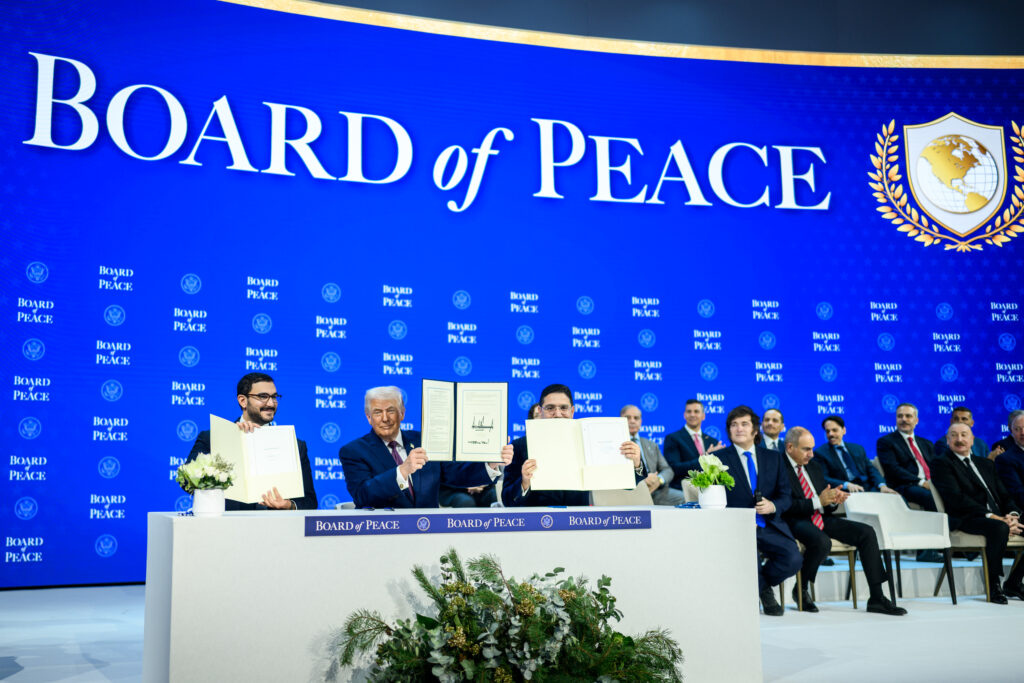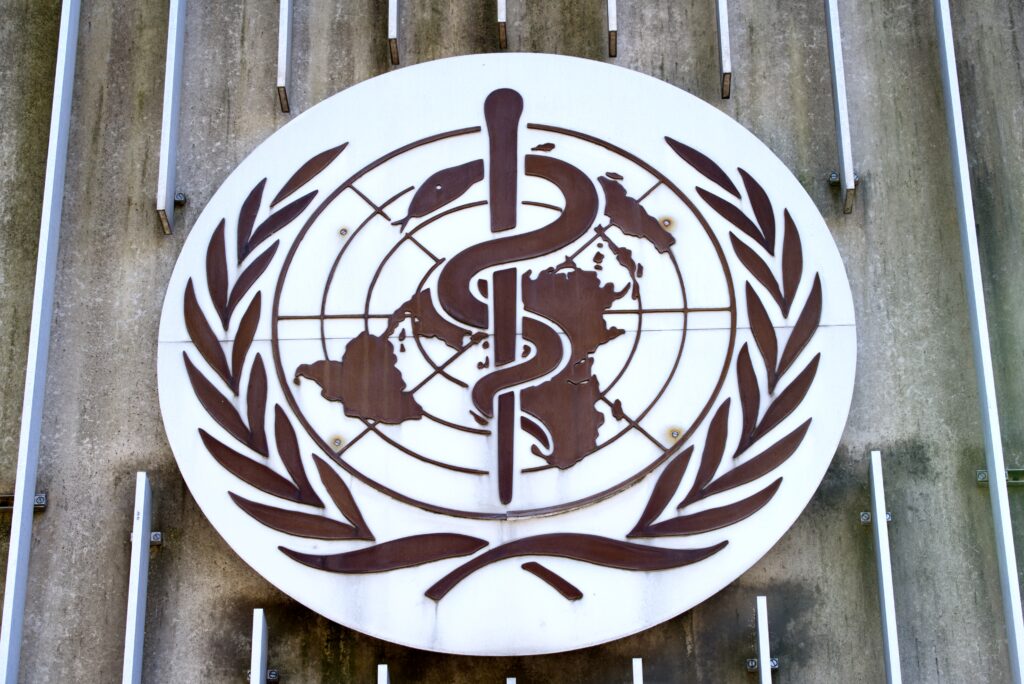At this year’s UN General Assembly, President Trump had no shortage of critiques of the United Nations, casting the institution as more problem than solution. But look beyond the pageantry of the Hall, and a very different drama was unfolding in the Security Council.
There the Administration was working through the UN to pursue one of its most consequential foreign policy objectives: snapping back sanctions on Iran.
This “snapback” mechanism has history. It was first negotiated a decade ago as part of the Joint Comprehensive Plan of Action (JCPOA) – the Iran nuclear deal struck by the Obama Administration along with Britain, France, Germany, Russia, China and the European Union. Under the agreement, if Iran was deemed to be in “significant non-performance,” any party could trigger a restoration of the full range of UN sanctions (non-performance includes pursuit of uranium enrichment, missile development and arms transfers). This pressure was part of what brought Tehran to the negotiating table at the time.
President Trump made withdrawal from the JCPOA a hallmark of his first term, arguing that the deal gave Iran sanctions relief without permanently blocking its path to a bomb. In 2018, his administration went further, trying unilaterally (though unsuccessfully) to invoke the UN snapback even after Washington had exited the deal.
That’s what makes this year’s outcome so striking. Rather than going it alone, the U.S. worked with France, Germany and the UK through the UN. On Friday, September 27, their effort paid off. The Security Council reimposed sanctions under six resolutions, reviving a global embargo on Iran’s uranium enrichment, ballistic missile program and arms transfers.
The move was quickly embraced in Washington as a victory for American leadership. Secretary of State Marco Rubio called it “decisive global leadership.”
He’s right; it is global leadership. U.S. sanctions alone can squeeze to a point. Only UN sanctions bind the rest of the world. That legitimacy – grounded in New York, not Washington – is what gives the policy real teeth. Without the UN’s authority and global reach, Iran could sidestep U.S. measures through partners elsewhere. With its additive weight, Washington gains the leverage it needs to push Tehran back to the negotiating table.
U.S. sanctions alone can squeeze to a point. Only UN sanctions bind the rest of the world.
Beyond Iran
Iran is not unique. Time and again, the U.S. has relied on the UN as a platform to advance foreign policy across a wide spectrum of issues.
Take Haiti. Just 700 miles from Miami, its capital is now overrun by gangs. Washington has turned to the UN to authorize and expand a Kenyan-led mission into a full Gang Suppression Force. The goal: stabilize Haiti, ease migration pressures on Florida and keep rival nations from exploiting instability in America’s backyard.
Or consider economic policy. Just last month, the Administration leaned on the UN’s Universal Postal Union after lifting the “de minimis exemption” — a tax break on imports under $200 — threw global mail into chaos. The UPU quickly modernized tracking and payment systems, keeping parcels flowing into the U.S.
And then there are domestic issues with global roots, like the opioid crisis. On fentanyl trafficking, the U.S. depends on the UN Office on Drugs and Crime to track chemical precursors and coordinate cross-border enforcement in regions where American law enforcement has limited reach — work no single nation can do alone.
When the stakes are high, the U.S. turns to the UN — as it should, given America funds nearly about 22% of its budget.
The Cost of Undermining What Works
Fact is, the UN is a force multiplier for U.S. interests.
For decades, American leadership has shaped the institution into an amplifier of U.S. power – as President Trump just did when he used it to reimpose sanctions on Iran.
But here’s the catch: we cannot undermine the UN at home and expect it to serve U.S. interests abroad.
We cannot undermine the UN at home and expect it to serve U.S. interests abroad.




